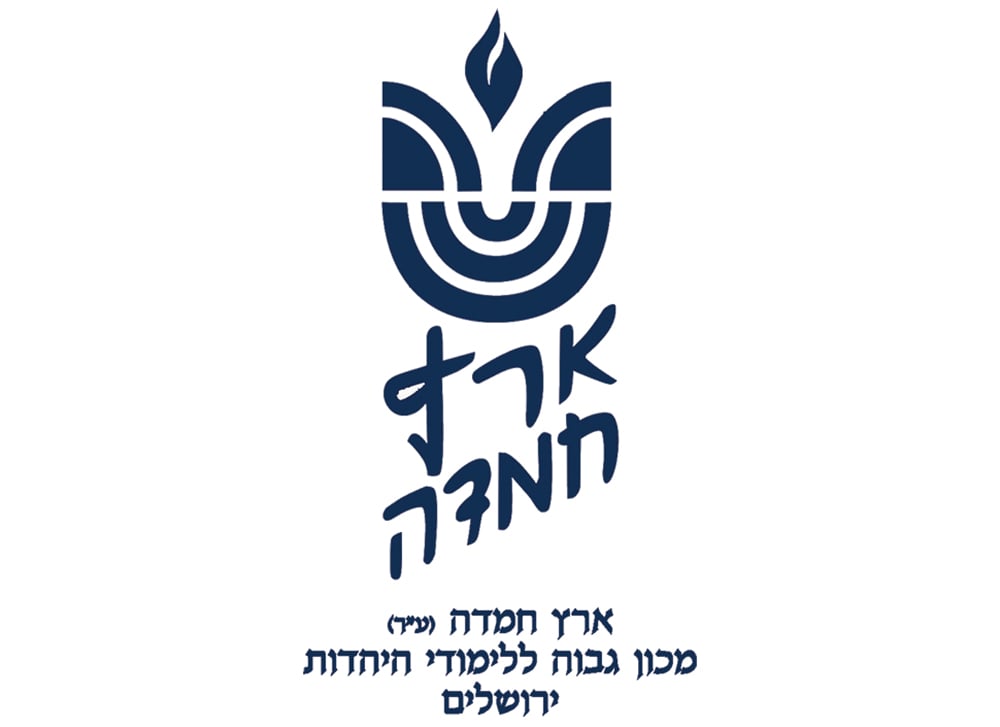
לעילוי נשמת
יואל אפרים בן אברהם עוזיאל זלצמן ז”ל
Question: Sometimes a man dies and his widow offers family members a monetary gift if they name a baby after him. If someone wants to do so, to be nice and also for the money, but they do not want to connect their son spiritually to the deceased (let’s call him Uncle David), may they tell everyone they are naming for U. David but intend for David Hamelech?
Answer: We must warn about two limitations: 1. There are differences between similar cases; 2. We are not experts in the kabbalistically-oriented elements of giving a name. But we can generally discuss the value of naming after a deceased person, questions of honesty, and practicalities.
Names have significance in different ways. Chazal (including in Berachot 7b) focus on the meaning of the name’s impact on a person’s life for good or bad. More recent sources mention the idea of tapping into the good qualities of the one named after and bringing benefit to the deceased (see sources in Otzar Habrit 6:4). Poskim discuss how naming after a parent and, likely, a grandparent (not an uncle) falls under the mitzvah of kibbud av va’em, honor thy father and mother (see B’tzel Hachochma I:35). It is clear from sources and logic that intention connects the baby to the person he is named for (the benefit to the deceased is not shared by every departed David).
We will not advise parents whether to name their babies based on ideas, sound, a relative, or a tzaddik (righteous). Hopefully, monetary gain is not a major factor but “a factor” in choosing between names under consideration. It is common and not controversial to have in mind for both a relative and a tzaddik(a) who originally inspired that name’s use. It is very possible that this brings credit to the former and blessing to the child due to the latter. (We make no promises or predictions.)
For what is the aunt paying? Three main things deserve appreciation:
1) The parents’ sacrifice by not giving a name they prefer (assuming David is not their preferred name).
2) Honoring and creating a living remembrance of U. David, which has innate value and can bring psychological solace to the living. This exists as long as the parents are consistent in telling the family the baby is named in U. David’s honor. These two are unaffected by the parents’ intentions, and if this is what the aunt has in mind, there is no problem.
3) The prospect that the naming will benefit U. David’s neshama. If this segula (treasure) element is the (or a significant part of the) aunt’s intention, then it would be geneivat da’at (deception) to not intend for the baby to be named after U. David in a significant (not necessarily exclusive) way and take the money. One violates that prohibition when he gives the impression of a bigger favor than is true when it might bring reciprocity (Shulchan Aruch, Choshen Mishpat 228:6; see this column, Lech Lecha 5778), all the more so when a gift is promised. While one does not violate geneivat da’at over the recipient’s needless assumptions, a certain level of spiritual intention for the deceased is a valid assumption.
Two principles regarding doing things that make others feel good may compete. On the one hand, there is the halacha of geneivat da’at. On the other hand, one wants to make the recipient feel good and certainly not be insulted (see Yevamot 65b). Out of concern for honesty, should someone say: “Don’t think my Shabbat invitation is because we are friends but because the rabbi told me no one else is willing to invite you!”
If they are unwilling to have basic intention for U. David and the aunt cares about #3, the parents should give their preferred name and explain that it was important for them. If multiple relatives have turned down the offer, insult should be weighed versus deceit. A good solution is to give a double name, with the intention that the David part is for U. David. This shows willingness to be connected to him, dispels a misconception of his exclusivity, and “protects the child” from unwanted connection (see Igrot Moshe, Orach Chayim IV:66; Otzar Habrit 6:8).
In real cases, parents can seek family and/or rabbinic guidance to reach a balanced solution.
Rabbi Mann is a dayan for Eretz Hemdah and a staff member of Yeshiva University’s Gruss Kollel in Israel. He is a senior member of the Eretz Hemdah responder staff, editor of Hemdat Yamim and the author of “Living the Halachic Process Volumes 1 and 2” and “A Glimpse of Greatness.”











